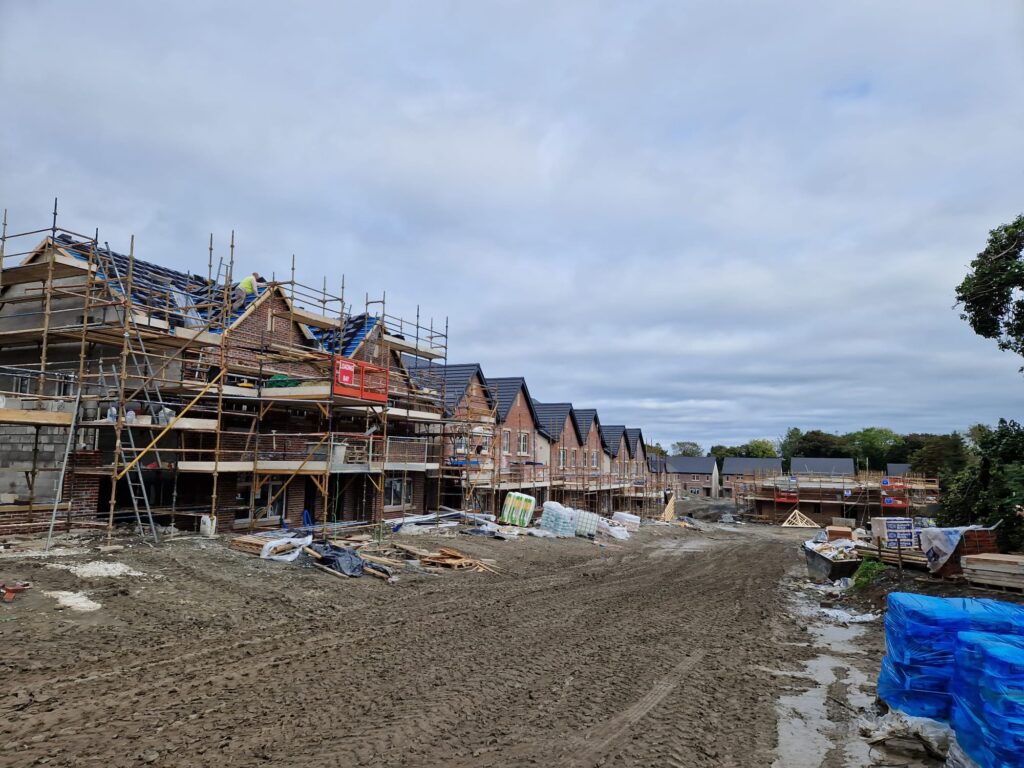The Implications of Failed Residential Zoned Land Tax (RZLT) Appeals

While Budget 2024 commentary is dominating industry news this week, the Residential Zoned Land Tax (RZLT) is high on the agenda here at Lotus HQ.
According to a report by The Irish Times this week, a significant majority of appeals against the new RZLT made by developers in Dublin have been dismissed by An Bord Pleanála. This is indicative of the approach being adopted, with the local authority showing little tolerance or leniency towards the appeals. This has implications that developers, investors, and project owners need to be mindful of, and not just those with Dublin-based sites. Despite developer Michael O’Flynn emphasising the difference between ‘land hoarding’ and ‘land banking’, it is clear that local authorities do not differentiate. In light of this changing policy environment, project owners will need to take a more strategic approach to site acquisition and land management.
Among the notable sites now subject to the tax are parts of the O’Connell Street/Moore Street redevelopment lands and former RTÉ lands in Dublin 4. Such outcomes serve as a stark reminder of the potential financial challenges that can arise. While careful land management is always a necessity, regulatory and policy uncertainties are more difficult to plan for. At a deeper level, this situation really highlights the complexities and importance of addressing construction viability issues, especially regarding planning and compliance with evolving regulations. Being proactive in the planning stages and cultivating a deep understanding of local and national rules can significantly influence the success of development projects (“control the controllables”).
While much of the spotlight has been on Dublin due to the high percentage of dismissed appeals, this trend is indicative of a broader national sentiment. Across Ireland, a significant proportion of appeals were upheld by An Bord Pleanála, pointing to an extensive and country-wide emphasis on the regulations surrounding the RZLT. This is outside of the control of individual project owners but, collectively, the industry has a voice and must use it. Developers and investors, both within Dublin and throughout Ireland, will need to understand and factor in the implications of RZLT on their land portfolios, even if it is their intention to appeal.
As Ireland’s real estate landscape continues to shift, staying up-to-date with market changes, regulations, and potential financial implications is critical; and we support our clients in this by sharing weekly insights from the ground. But, again, the industry has a voice and must use it to challenge anti-development policies. It is not just about current developments, it is also about anticipating future trends and challenges. Engaging with public consultations and State/industry engagement opportunities has never been more important.
Ian Lawlor
086 3625482
Managing Director
Lotus Investment Group
